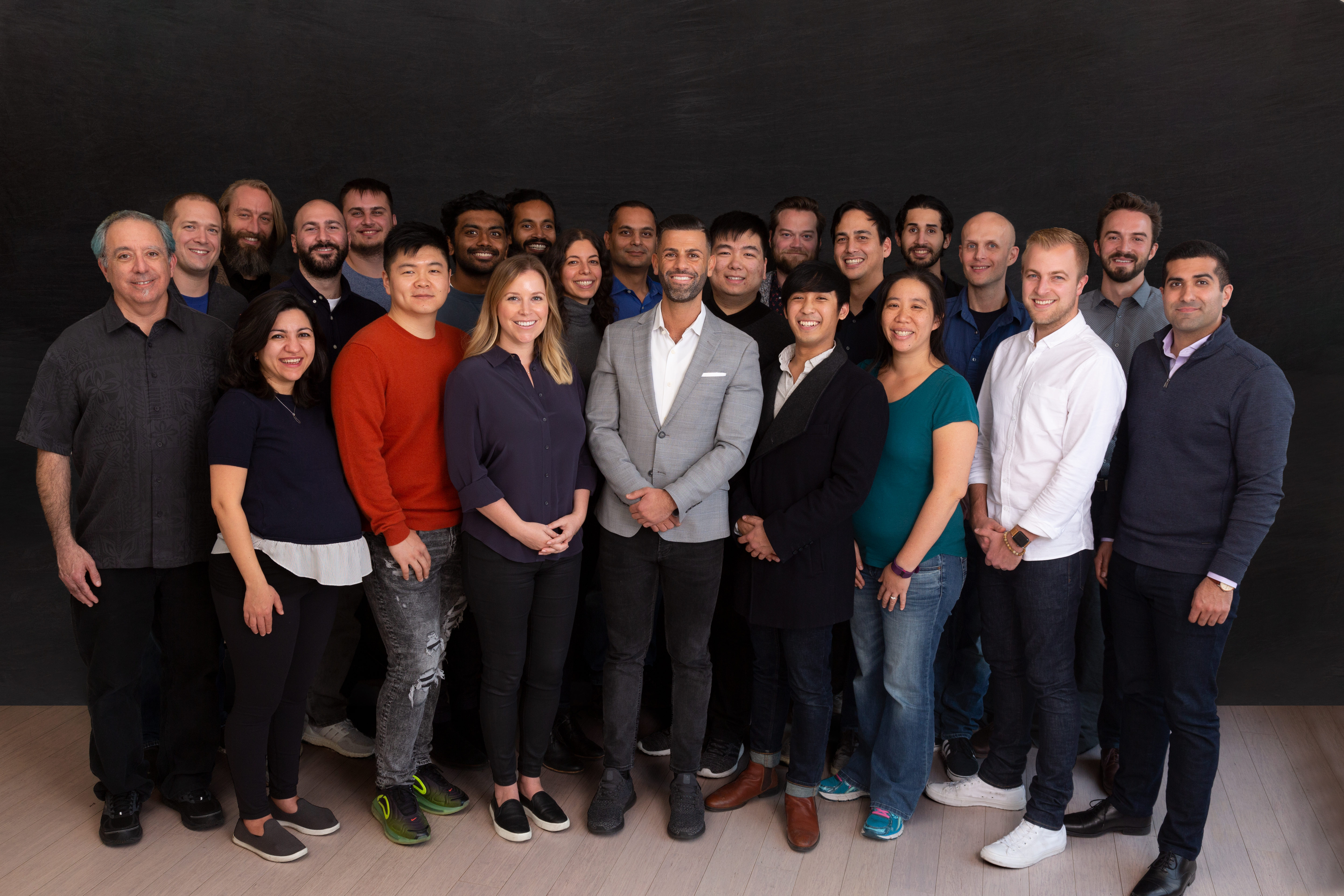This post originally ran on Venture Inside.
I’m proud to announce a $13 million Series A investment in Ping, which offers AI-powered timekeeping for lawyers.
This is an investment I have been searching for since I was a twentysomething VC associate. The law is foundational to a high-functioning society — yet many of our ambitious, hard-working friends who go into the profession for all the right reasons often become miserable due to the amount of time spent on tedious administrative work. Because the profession is so complex and hard to crack from a technical perspective, it took me a long time to find a legaltech investment with not just the right product, but a team that understands lawyers’ unique business needs and workflows.
Enter Ping
Ping was built to address a real pain point lawyers face every day: tracking billable hours. In his years as an attorney, CEO Ryan Alshak saw firsthand how brain-numbing and inefficient the process is. Time that could be spent on meaningful, human-centered tasks is lost to nickel-and-diming every minute of every workday, essentially using the equivalent of a digital stopwatch.
That’s the real problem — timekeeping software hasn’t evolved much over the past few decades. Most legacy solutions take time and effort — often up to two years — to implement, and still require extensive manual entry and review. Users have to track time bit-by-bit and circle back days, weeks, or even months later to piece together a narrative in their timesheets before billing clients. It’s not hard to see why many lawyers reach for regular old pen and paper to jot down hours instead, taxing organizational skills and fallible human memories. If software isn’t automating a task or at least making it more efficient, what’s the point?
Lawyers lose an estimated 20 percent of billable hours because they forget to manually record that time. Another 10 percent is spent tallying hours in six-minute increments (the actual standard unit of time used in the industry). By some estimates, the legal industry leaves upwards of $300 billion on the table because of an antiquated workflow. And between document management, research, billing, and timekeeping tools, the legal tech stack itself comprises an estimated $16 billion market in the U.S.
But beyond all of this — no one should have to punch a timeclock every six minutes. It hurts client relationships and sucks the joy out of a profession people spend years training to do.
This is where Ping comes in. The product integrates into a firm’s existing tech stack (including billing, document management, phone, and operating systems) to automatically collect and store lawyers’ activities securely using machine learning and metadata. Ping tracks gaps and inactivity too, to account for all billable (and non-billable) time in the context of an individual’s overall workday. A lawyer simply opens the software, reviews and edits tracked activity, and approves the timesheet. Installation takes hours compared to up to two years for current market solutions.
Because Ping’s value prop resonates across all types of lawyers and size of firms, they have developed a repeatable, fast sales motion. In over a decade of diligence, I’ve seen no precedent for a book of business from top logos emerge so quickly in a traditional industry. I believe this is because many Ping founding employees came from the legal world and walked the walk as lawyers at big firms like Manatt, Phelps & Phillips. Ryan and his team also live the mission within Ping. Giving time back to employees is core to their company culture and permeates everything from company holidays to meeting structures and board time management (hard for me!)

The Future of Ping
Ping’s value stretches far beyond automating administrative tasks. The product’s ability to gather accurate insights will make it indispensable to firms everywhere.
The future is clear: Fortune 500 clients are demanding a shift away from “the billable hour” toward more predictable and transparent pricing. Manual timekeeping has long prevented law firms from implementing this, because they can’t properly understand or price employees’ time.
Ping has the opportunity to change all that by building accurate and complete timesheets and then analyzing that data for actionable insights. Ultimately, those insights can help companies transform timekeeping from a cost center to a revenue stream by automating low-value activities (e.g. tracking hours) and allocating more time to high-value human matters (e.g. working directly with clients).
Imagine a world in which you receive a flat fee from your lawyer, so instead of avoiding her for fear of a large bill, you are empowered to call for advice! Now imagine a world in which your lawyer is not spending a large part of her day doing timesheets or thinking about whether she has hit her billable hours for a bonus this year, but instead is thinking as your strategic counselor. By fundamentally changing how lawyers price their work, Ping is a win-win-win for lawyers, clients and firms. A lawyer who’s satisfied with their job in turn provides more value to their clients. And of course, extra time means extra revenue for everyone involved. Say a lawyer frees up 15 minutes per day — at a 100-lawyer firm, that translates to $2.5 million per year.
Finally, while Ping is starting with legal timekeeping, they’re uniquely positioned to expand into other verticals like accounting, consulting, and other professional services. I believe Ping has an opportunity to become the foundation for pricing time across all industries. Understanding how each of us spends our time as a worker is one of the fundamental building blocks to powering the future of work, from freelancers to consulting firms to large corporations.
We’re proud to welcome the Ping team to the Upfront family, and to work with them on building and expanding technology that will empower the next generation of lawyers and beyond. The future of the legal industry — to operate with greater efficiency, predictability, and transparency — depends on it.
Ping photo credit: Margot Duane